
Current State of the CRM

The Big Opportunity for a Modern CRM: A Call for Innovation
There’s a significant opportunity for a CRM platform that can match or surpass the reporting capabilities of Salesforce (SFDC) or HubSpot. No other CRMs on the market come close. Yet, even these industry leaders face critical challenges that leave room for disruption.
The State of Salesforce: A Legacy Platform with Limitations
Salesforce is a robust tool, but it’s showing its age. Much like MySpace outgrew its initial infrastructure, Salesforce struggles with a framework that is becoming increasingly outdated. While its dashboards are functional and relatively simple to create, they rely on old-school logic and design. The result? Dashboards that feel more like a relic of the past than a tool of the future.
Moreover, creating and customizing these dashboards often requires expensive consultants. For growing businesses, this presents a significant barrier. While Salesforce consultants can deliver good results, the process is rarely seamless or cost-effective. For a “garden-variety” business without a large budget or technical expertise, using Salesforce to its full potential can feel unattainable.
Additionally, Salesforce’s partner ecosystem is notoriously difficult to navigate. Becoming a partner requires jumping through hoops that make the process far from intuitive. This lack of accessibility limits Salesforce’s appeal to smaller organizations or new partners looking to integrate with the platform.
HubSpot: Simpler but Still Flawed
HubSpot, while easier to use, has its own set of challenges. Its partner program is exclusionary, requiring thousands of dollars in annual fees and steep implementation costs. This creates a barrier for users who want to become accredited or collaborate closely with HubSpot’s ecosystem.
From a usability perspective, HubSpot is logical and effective for basic CRM needs like creating projections and tracking pipelines. However, it too has limitations when it comes to scalability and optimization. Its dashboards, while functional, fall short for companies that need deeper insights and advanced reporting.
HubSpot’s partner program also alienates users who might otherwise become evangelists for the product. By charging high fees to participate, HubSpot effectively closes the door on a significant portion of its potential user base, limiting opportunities for collaboration and feedback.
The State of Other CRMs: Playing Catch-Up
Most other CRMs lag years behind Salesforce and HubSpot. Many are glorified spreadsheets that fail to provide meaningful insights or actionable data. Their reporting capabilities are laughable, often amounting to little more than superficial metrics that add no real value.
Even the much-hyped AI integrations in these CRMs fall short. While they promise to deliver insights on who to call and what to say, these suggestions are often based on publicly available data and lack depth. For most sales teams, the AI in current CRMs fails to offer projectable insights or help leadership make informed decisions about pipeline strategy.
What the Market Needs: A New CRM Vision
If I were to design a CRM, it would focus on two critical areas: dashboards and partnerships.
- Dashboards: A CRM should come with pre-built dashboards that offer immediate value. These dashboards should clearly display contacts, deals, and pipeline progress, making it easy to see what’s closing, what’s stalled, and what needs attention—all without requiring a team of consultants to set up.
- Partnership Programs: A strong, inclusive partnership program can transform users into super-users and brand evangelists. By removing financial barriers and encouraging collaboration, a CRM can build a loyal, engaged user base that drives its long-term success.
The CRM market is saturated with platforms that overpromise and underdeliver. It’s time for a CRM that focuses on usability, actionable insights, and seamless integration—not just flashy features and marketing buzzwords.
A Challenge to Innovators
I’m not in the business of building CRMs—I’m in the business of optimizing sales and building successful teams. But if you’re an innovator looking to fill this gap in the market, I urge you to take on the challenge. Build a CRM that delivers what sales leaders truly need: simplicity, clarity, and efficiency.
If you’re ready to take this on and need insights or guidance, I’m here to help.
– Tim


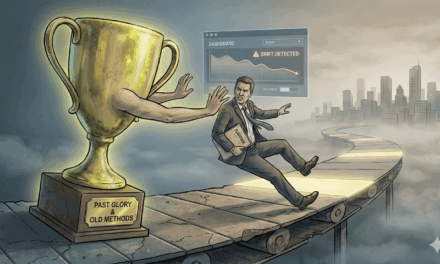


















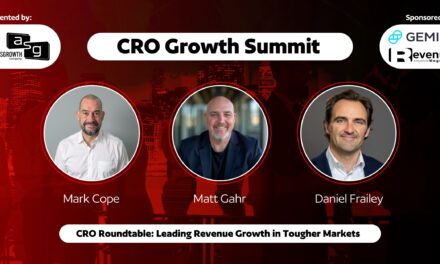






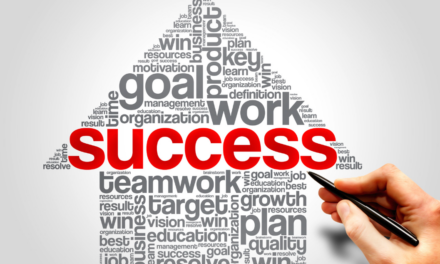

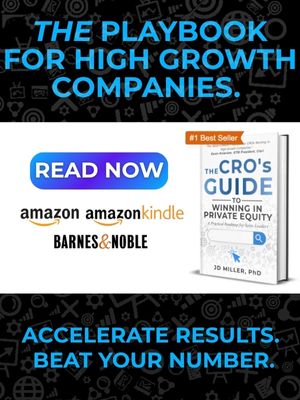


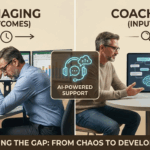


It’s rare to meet a rep who loves the CRM. When I did into why (they are amazing tools for keeping everything straight and actually helping you move deals along), it’s because they pour data into them and leadership doesn’t even read it. All for simplicity of a CRM, but thing that we have to couple it with adoption and leadership’s usage as well.
I LOVE the CRM! I review new ones regularly and give great feedback for reporting the overall use and the actual lack of AI capability. 😉